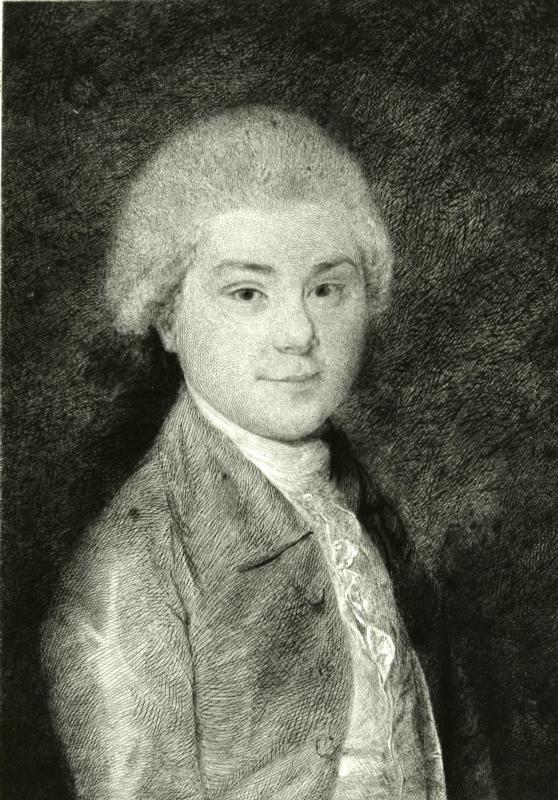Young J. Q. Adams returned to France, where his family was living during another diplomatic mission. He prepared to sail home to Boston and enter Harvard College.
On 27 April, John Adams wrote a letter for his son to hand to their cousin Samuel:
The Child whom you used to lead out into the common to see with detestation the British Troops and with Pleasure the Boston Militia will have the Honour to deliver you this Letter. He has since seen the Troops of most Nations in Europe, without any Ambition I hope of becoming a military Man. He thinks of the Bar and Peace and civil Life, and I hope will follow and enjoy them with less Interruption than his Father could.The editors of the Adams Papers report that in his letters John Adams twice quoted “old Dr. Cutler” saying that he hated to be pitied. They posit that was an allusion to the Rev. Dr. Timothy Cutler (1684-1765), longtime minister at Christ Church (Old North) in Boston. I haven’t found any other source for the remark, nor confirmation, but Cutler was a well-known figure in New England, recognized for being haughty, so it seems like a good guess.
If you have in Boston a virtuous Clubb, such as We used to delight and improve ourselves in, they will inspire him with Such sentiments as a young American ought to entertain, and give him less occasion for lighter Company. I think it no small Proof of his Discretion, that he chooses to go to New England rather than old [i.e., to a British university]. You and I know that it will probably be more for his Honour and his Happiness in the result but young Gentlemen of Eighteen dont always See through the same Medium with old ones of fifty.
So I am going to London [as U.S. minister to the Court of St. James]. I suppose you will threaten me with being envyed again. I have more cause to be pitied, and al[though I will] not say with Dr Cutler that “I hate [to be] pitied” I dont know why I should dread Envy.—I shall be sufficiently vexed I expect. But as Congress are about to act with Dignity I dont much fear that I shall be able to do something worth going for. If I dont I shall come home, and envy nobody, nor be envied. if they send as good a Man to Spain as they have in [John] Jay for their foreign department and will have in [Thomas] Jefferson at Versailles I shall be able to correspond in perfect Confidence with all those public Characters that I shall have most need of Assistance from and shall fear nothing.
TOMORROW: Helicopter parenting from the land of the balloon.

No comments:
Post a Comment